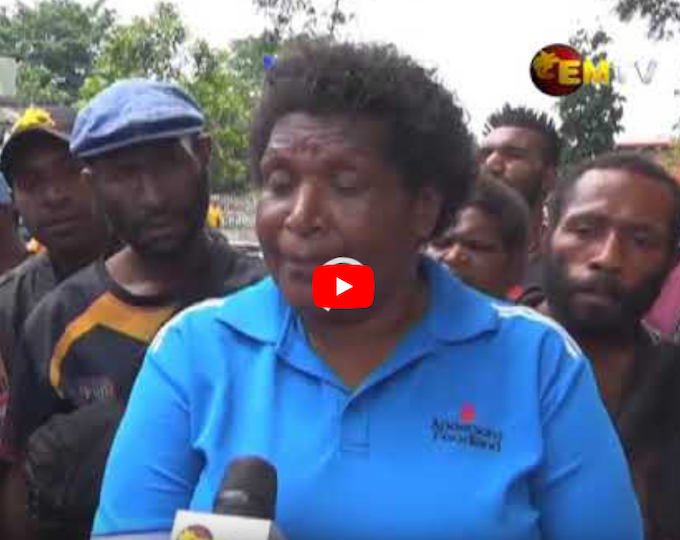
By Sri Krishnamurthi, contributing editor of Pacific Media Watch
AUCKLAND (Asia Pacific Report/Pacific Media Watch): After some weeks of heavy criticism of Papua New Guinea Prime Minister James Marape’s government amid the Covid-19 pandemic, support for the administration has come from a surprising quarter – one of the media.
Scott Waide is the Lae bureau chief of EMTV News and an award-winning journalist and blogger who says the PNG people are driven by perceptions of what other countries are doing to combat Covid-19.
Currently, Papua New Guinea has two confirmed cases – one in Lae, a 45-year-old mineworker who evacuated to Australia and a 40-year-old woman in East New Britain.
READ MORE: Confusion behind PNG’s first Covid-19 case – flawed state communications
However, it was the confusion and delay in announcing its first case that saw the government’s reputation take a battering.
First Prime Minister Marape casually announced on his Facebook page early on March 17 that the test results of an expatriate mine worker suspected of Covid-19 had come back negative.
But it was the casual manner with, what appeared to be, little sense of urgency that added to the ire of many Papua New Guineans who had been demanding a total shutdown of airports and wharves.
It all started earlier in the day when Health Minister Jelta Wong released a statement announcing that Papua New Guinea had its first “probable” case of the deadly disease.
Over the next eight hours, the public went into a panic.
‘Probable’ word controversial
The word “probable” was drowned in a frenzy of social media accusations and anger over the government’s delay in imposing a total shutdown.
The media unsuccessfully tried getting a confirmation of the test results.
Finally, the announcement made that night live on television by Prime Minister James Marape, came 72 hours after samples were sent to the Institute of Medical Research (IMR) for testing.
Almost immediately after a state of emergency was declared.
Then a week later the Police Minister Bryan Kramer was sidelined by the Health minister from media briefings, a move which gained more media criticism.
“Starting today [Friday] media statements and updates will come from me as the minister responsible, or the Prime Minister, James Marape, and if we are not there it will be the Controller, who is the Police Commissioner David Manning,” Wong said at the time.
“We have already contained the Police Minister Bryan Kramer. He is not a doctor, he is not a nurse…he just picks up information from certain people and pushes it out and this is where he causes mass panic and irritation among the medical fraternity,” claimed the minister.
Chorus of criticism
That aggravated the chorus of criticism aimed at the government.
“There is a lot of criticism against the government at this time. I think much of it is driven by what people see happening in other bigger economies, for instance, like in New Zealand and Australia,” Waide told Pacific Media Watch.
“People’s mindsets are modelled – my opinion – around systems that we are yet to develop,” he explained.
He said PNG was still a developing nation and was doing the best it could under the circumstances.
“The PNG government is doing its best given the resources it has. There are ongoing problems with bureaucratic and political processes that need to be fixed on a day to day basis.
“It needs to be understood also that, like many other countries, this is the biggest multi-sectoral crisis that we are experiencing.
“Overall, things could be better if we had invested in our military, health, law enforcement and infrastructure. It is a good learning process for people in power and also one that will heavily instil important wisdom in this generation,” he said.
Legacy problems
He added criticism of the government was both warranted and not.
“Yes. And No… because much of what we have to contend with are legacy problems of more than 40 years,” Waide said.
Initially media relations with the authorities were not good but it was getting better, he said.
And, like a true professional Waide has spent all his time at work.
“I have sent staff home. I have spent at least 3 weeks living and working in the office. I have a cameraman who goes home,” the newsman said.
Lae Boundary Road Community people criticise confused government communication over the first reported Covid-19 case last month. Video: EMTV News



